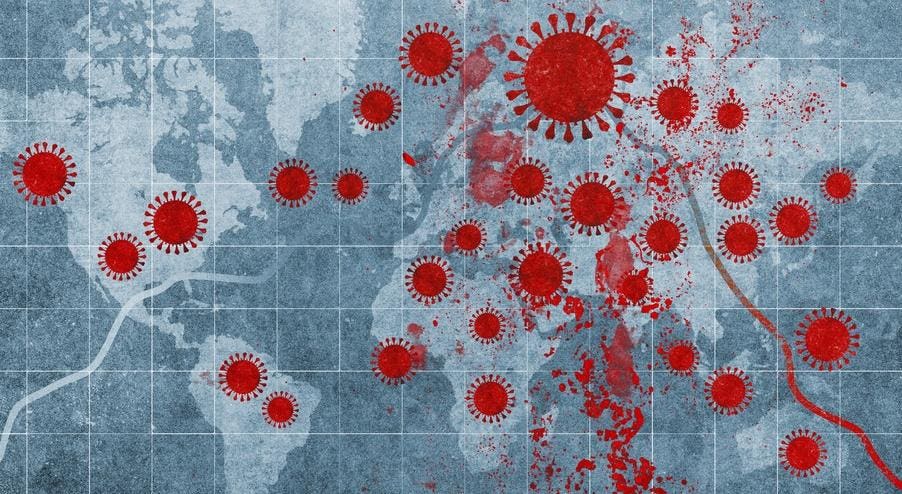A healthy diet can slow down the accumulation of chronic diseases in older adults, while inflammatory diets accelerate it. This is shown by a new study from Karolinska Institutet published in Nature Aging.
Researchers have investigated how four different diets affect the accumulation of chronic…








